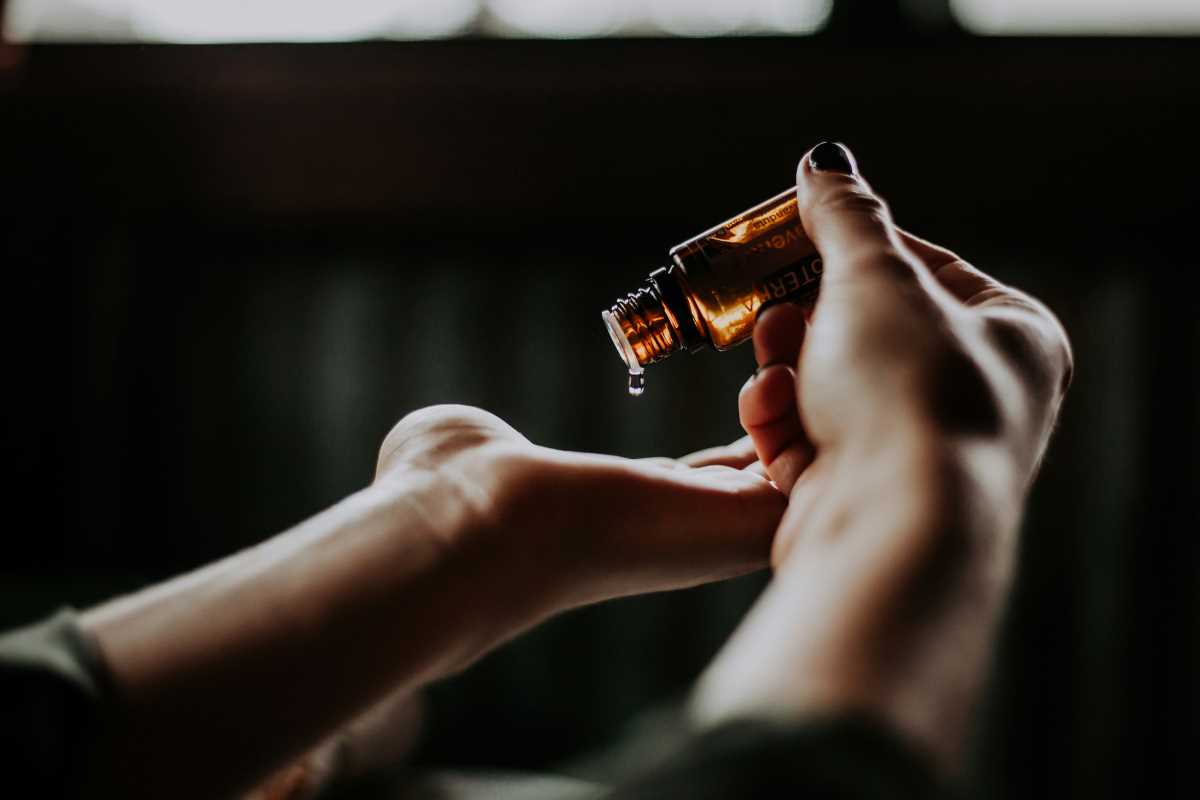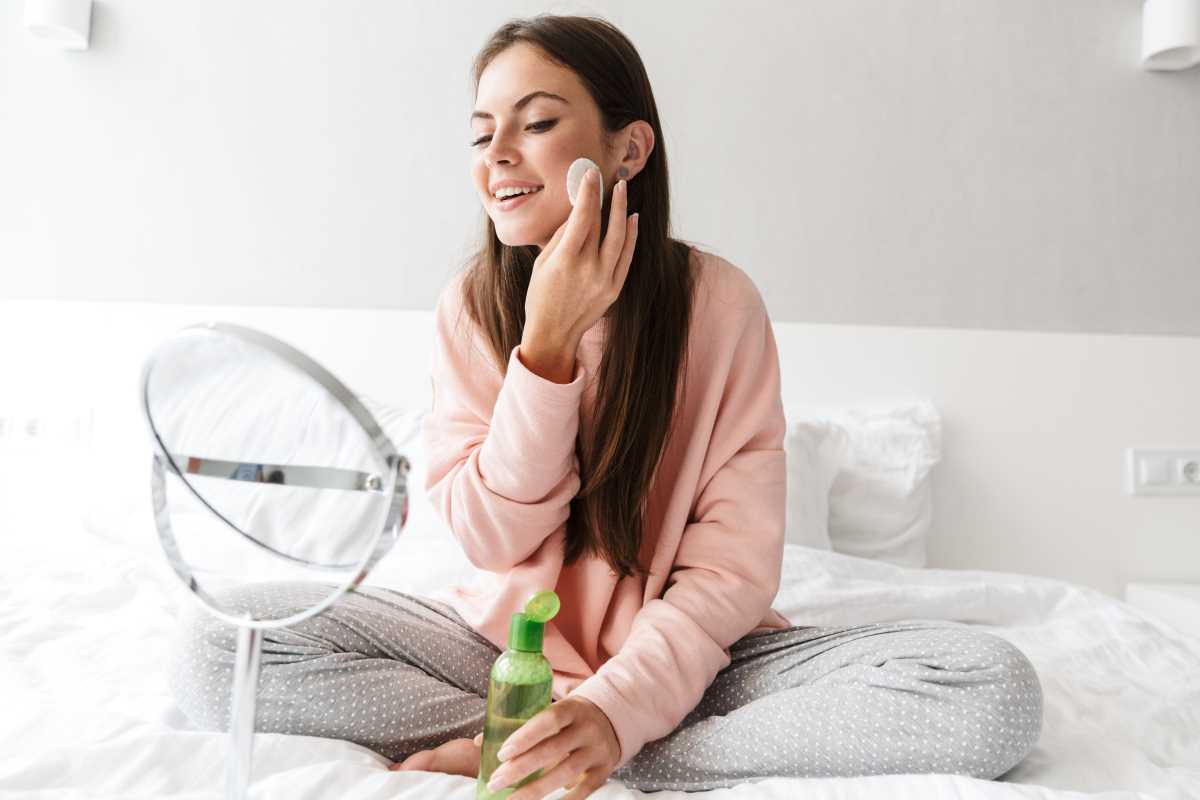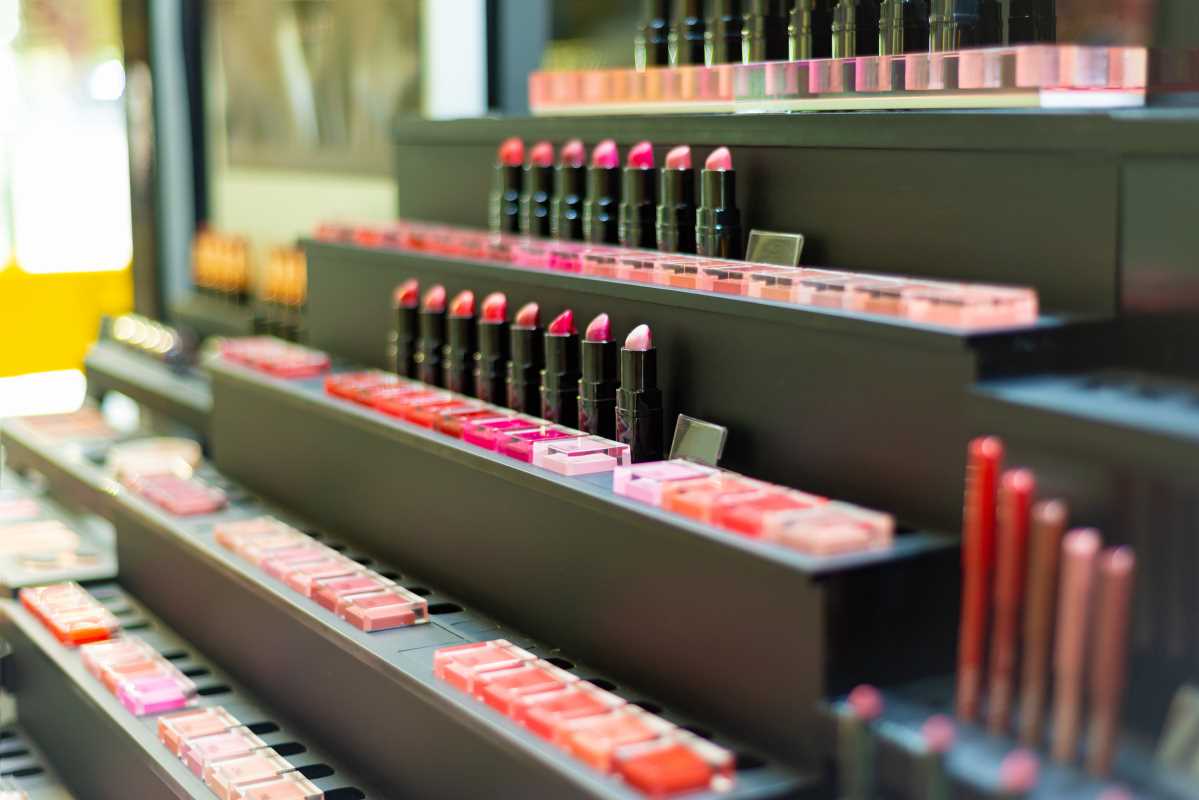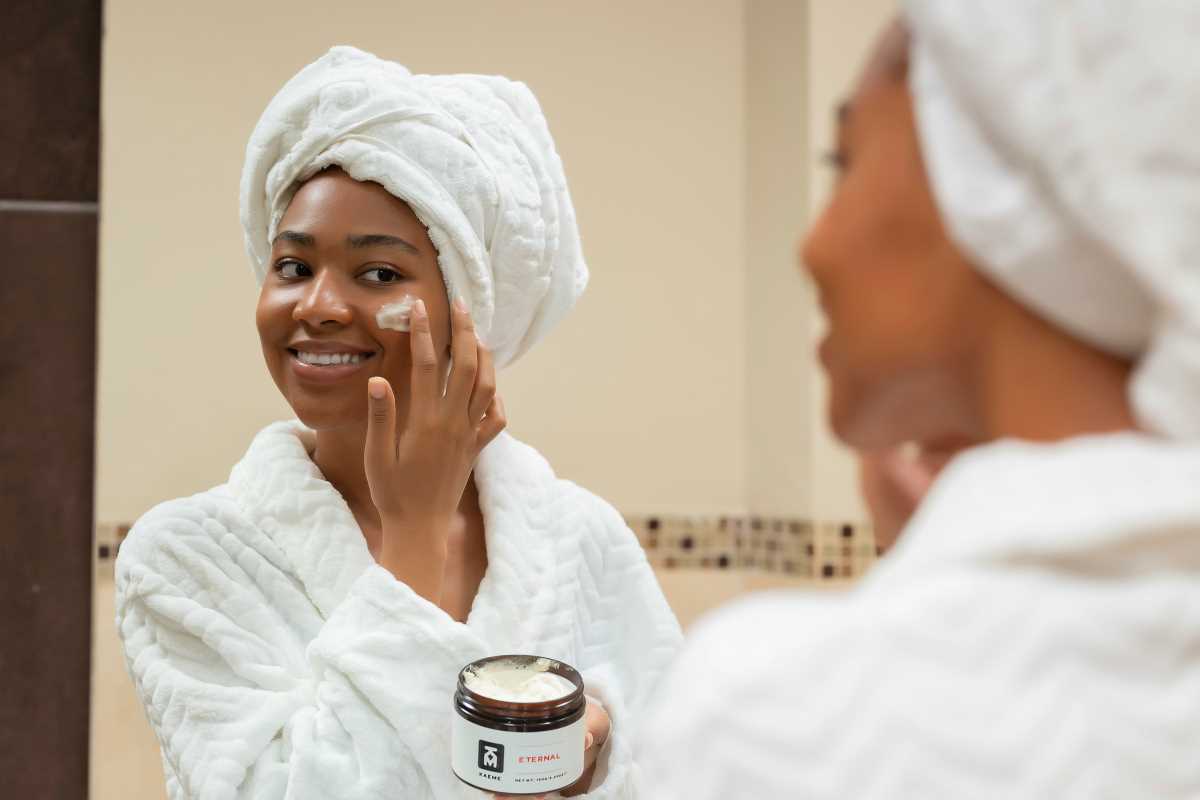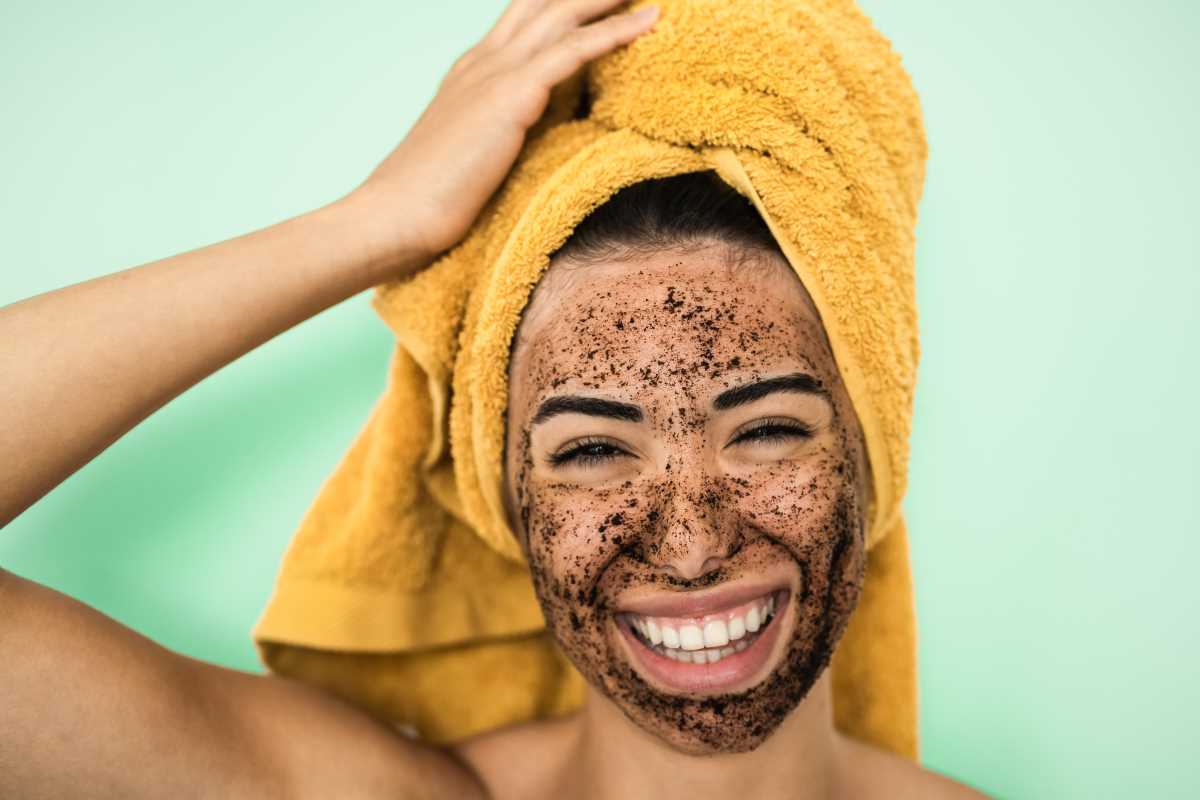When it comes to skincare products, the options are overwhelming. The market is saturated with products promising transformative results, from glowing skin to reversing signs of aging.
With so many brands and influencers touting the "next big thing," it can be difficult to discern which products are worth your investment and which are merely overhyped.
Let’s take a closer look at some of the most popular skincare products to determine if they live up to the buzz or fall short.
Sheet Masks: Instant Glow or Short-Lived Trend?
Sheet masks have become synonymous with self-care, offering a quick and convenient way to hydrate and pamper the skin. These masks, soaked in serums, often claim to deliver benefits such as hydration, brightening, and revitalization. While they can give your skin a temporary boost, the effects are usually short-lived. Sheet masks often contain lower concentrations of active ingredients compared to serums or creams, making them less impactful in the long term.
For those who enjoy the ritual of using sheet masks, they can still be a fun addition to your routine. However, they shouldn't replace high-quality serums and moisturizers, which are more effective for delivering lasting results. If budget is a concern, investing in a good serum offers more value for your money over time.
Charcoal Masks: Detox or Damage?
Charcoal masks, with their striking black appearance and promises of detoxifying the skin, have amassed a dedicated following.
These masks claim to draw out impurities, reduce oiliness, and leave the skin feeling fresh and clean. While the idea of "detoxifying" sounds appealing, many dermatologists caution that charcoal masks can be overly harsh, especially for sensitive skin types.
The abrasive nature of some charcoal masks can strip the skin of its natural oils, leading to irritation, redness, and even damage to the skin barrier. Instead of reaching for a charcoal mask, consider gentler alternatives like clay masks. Clay masks can effectively cleanse and absorb excess oil without causing the same level of irritation, making them a safer choice for regular use.
Facial Oils: Nourishment or Breakouts?
Facial oils have taken the skincare world by storm, marketed as a luxurious way to nourish and hydrate the skin. Oils like argan, rosehip, and jojoba are praised for their ability to provide antioxidants, lock in moisture, and restore a natural glow. However, they may not be suitable for everyone. While they can work wonders for dry or mature skin, people with oily or acne-prone skin may find certain oils clog their pores and exacerbate breakouts.
Choosing the right oil for your skin type is crucial. For example, lightweight oils like squalane may work better for oily skin, while richer oils like marula are ideal for dry skin. Additionally, incorporating facial oils sparingly—such as a few drops added to your moisturizer—can help mitigate potential downsides while reaping their benefits.
Anti-Aging Serums: Miracle Cure or Mixed Results?
Anti-aging serums are among the most popular skincare products, often promising to erase wrinkles, reduce fine lines, and improve skin elasticity. Ingredients like retinol, hyaluronic acid, and vitamin C are well-researched and can deliver real results when used consistently.
However, not all serums are created equal. Many products contain low concentrations of active ingredients or use formulations that are not easily absorbed by the skin, limiting their effectiveness.
When choosing an anti-aging serum, it’s essential to focus on the specific ingredients and their concentrations. Retinol, for instance, is a proven anti-aging powerhouse but can cause irritation if not used properly.
Similarly, vitamin C serums work best when formulated with stable, effective concentrations. Understanding your skin concerns and doing some research can help you find a serum that lives up to its claims.
Luxury Skincare Brands: Worth It or Overpriced?
Luxury skincare brands often come with high price tags, glossy packaging, and promises of exclusive ingredients. While some luxury products do deliver impressive results, the hefty cost is not always justified. Many drugstore alternatives contain similar active ingredients at a fraction of the price, offering comparable benefits without the financial strain.
For example, brands like CeraVe and The Ordinary are known for producing affordable products with high-quality formulations. Instead of focusing on brand prestige, prioritize the ingredient list and the science behind the product. Investing in effective, evidence-based skincare doesn't have to mean spending a fortune.
Finding What Works for You
Ultimately, the effectiveness of skincare products depends on your individual skin type, concerns, and goals. What works wonders for one person might do little for another, highlighting the importance of a personalized approach to skincare. Educating yourself on ingredients, reading honest reviews, and testing products thoughtfully can help you make informed decisions.
Additionally, it’s essential to manage expectations. Skincare is a long-term commitment, and no product can deliver miraculous results overnight. Consistency, combined with a healthy lifestyle and sun protection, is the foundation of great skin.
The skincare industry is a mix of genuinely effective products and overhyped fads. While popular items like sheet masks, charcoal masks, facial oils, anti-aging serums, and luxury brands may have their merits, they are not one-size-fits-all solutions.
By understanding your skin’s unique needs, focusing on proven ingredients, and avoiding marketing gimmicks, you can build a skincare routine that truly benefits your skin. Skincare is a journey, and the key is finding what works best for you without falling for every trend.
